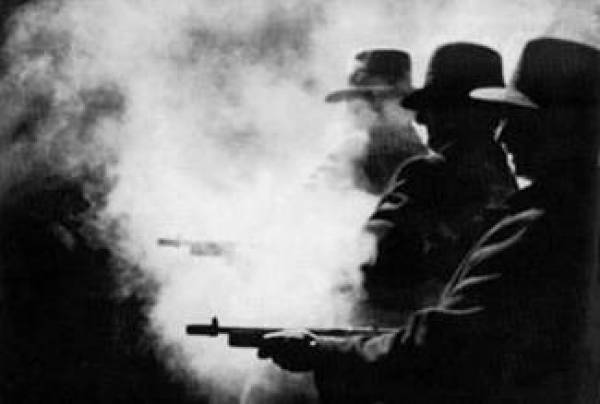Illinois Governor Quinn Points to ‘Mob’ as Reason for Gambling Expansion Veto

CHICAGO — (Associated Press) - Citing Chicago’s reputation of mobsters and corruption, Illinois Gov. Pat Quinn vetoed a plan Tuesday to bring casinos to the city and four other areas, leaving irked lawmakers with the task of overruling him.
Quinn squashed a proposal that supporters — including Chicago’s mayor — said could create tens of thousands of jobs and millions of dollars for the cash-strapped state, saying the plan lacked regulatory oversight and ethical standards. He took specific aim at the proposed Chicago casino, saying it would have been allowed to operate under different rules, making it vulnerable to “unsavory influence.”
“We’re not going to have loopholes for mobsters in Illinois,” said Quinn, himself a Chicago Democrat whose two predecessors are in prison for corruption. “The bill that was on my desk was woefully deficient when it came to protecting integrity and honesty and regulation of gambling in our state.”
Supporters immediately vowed to fight back, claiming they had enough support to move forward with the plan. The bill, which also calls for allowing slot machines in horse racing tracks, was approved by the Legislature earlier this year with majorities only a few votes shy of what would be needed to override a veto. Lawmakers are scheduled to reconvene for a veto session this fall.
Quinn isn’t opposed to gambling and has said all along that he wanted a bill with stronger ethical protections. He said Tuesday that the legislation needed to ban political contributions from the gaming industry, among other things, and urged legislators to work with him on the proposal’s shortcomings.
But the bill’s House sponsor, Rep. Lou Lang, said his attempts to do so have been rebuffed. The Democrat from Skokie predicted there would be enough support in the House, which approved the original plan just two votes shy of what would be needed to override a veto.
“The bottom line is he doesn’t want to sign a gaming bill,” Lang said. “If he had language to propose, he would have proposed it.”
Chicago Mayor Rahm Emanuel also expressed frustration, noting the nearby casinos in neighboring Indiana, and Rep. Chad Hays, a Republican who represents parts of east-central Illinois where one of the casinos was proposed, said it was a missed opportunity for economically depressed communities.
“We are going to go forward with or without the governor,” Hays said.
It’s the second time that lawmakers have approved gambling expansion, but it’s the first time they’ll get another shot to pass it. They didn’t send a similar plan to the governor last year because he’d threatened a veto.
The veto comes as Illinois is buried in financial troubles. The state has billions in unpaid bills, and its unfunded pension liability is roughly $85 billion and growing. Credit rating agencies say the state needs to act soon or its rating will be lowered.
Supporters said the gambling bill could have brought in as much as $1 billion a year, boosted tourism and created roughly 100,000 jobs for the state.
Emanuel said Chicago loses $20 million a month and jobs to casinos in neighboring Indiana, adding: “It is the responsibility of the governor and all leaders in Illinois to stop this outflow of dollars and jobs.”













